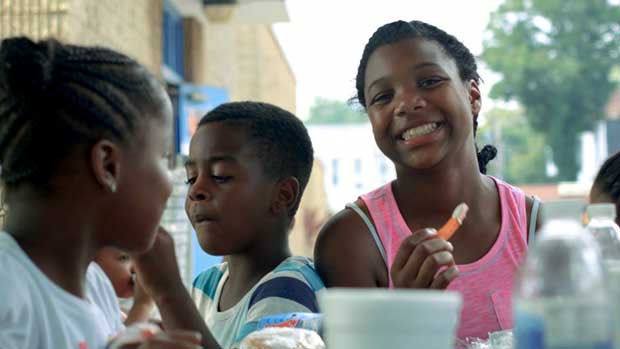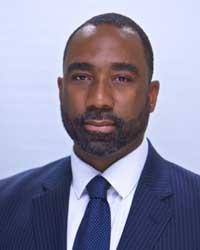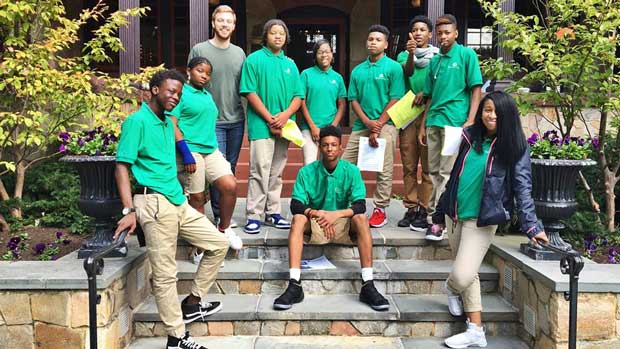
By Alexandra Fradelizio | m/Oppenheim Media Writer.

For over 17 years, the Family League of Baltimore has worked with organizations and agencies across the state of Maryland to provide services and build more unified families. Through partnering with local, state, and federal human service agencies, the organization serves “as an architect of change” by effectively transforming communities, said President and Chief Executive Officer Demaune Millard.
The partnerships formed by Family League of Baltimore allow the nonprofit to tackle the most pressing issues facing the city’s residents. Issues such as the staggering infant mortality rate in Baltimore and the lack of healthy foods for grade school children are addressed by the organization as they help to allocate funds in order to impact the greatest number of families possible. Involved in the area of “data quality,” the Family League of Baltimore staff keeps track of the type of support that is needed for families. It is the hope that the information can not only follow children as they transition into school but can also be used to make fundamental policy changes.
By using a “results-based accountability framework,” the organization is able to monitor their impact on Baltimore’s families and gauge how many individuals are served, how well they are being served, and who is not benefiting from the services. This data collection also allows the Family League of Baltimore to identify undesginated funding and repurpose restrictive public funding to benefit children and families.
“We pride ourselves in being a very nimble and agile organization that can move fairly seamlessly in allocating resources to programs that don’t have the most optimal capacity and support,” explained Millard.

Being in a diverse community, the Family League of Baltimore focuses on “grant making with a racial equity lens.” Following the civic unrest due to the death of Freddie Gray in 2015, the organization has placed a greater emphasis on diminishing the racial barriers and assist in moving “to being a multicultural and anti-racist society.” The organization currently works with about 22,000 students across 50 Baltimore schools to eliminate barriers and help youth succeeded both academically and outside of the classroom.
“With crisis brings opportunity, and we have found that by unpacking some of the respective barriers as it relates to institutional racism, we’ve been able to help create a baseline with our partners and grant recipients,” stated Millard.
As a native of the city, Millard joined the Family League of Baltimore to build greater public policies and strengthen the Maryland community. After becoming part of the organization in 2013, Millard was appointed as President and CEO last spring and is planning to implement a new strategic plan early this year to garner more funds and create a larger impact for families. His main focus centers on preparing preschool-aged children to enter school ready to learn and eventually gather the necessary tools to either succeed in the workforce or in higher education after completing high school. One program already in place targets “opportunity youth,” or children aged 16-24, who are not currently in school and not employed. Through the organization’s partnerships, Millard aims to provide support to the working and middle classes and prepare Baltimore’s youth for jobs in the tech field.

“Ideally, what I see as the end result of our organization’s work is really creating the next generation of a workforce from the emerging industry sectors and markets that exist right now in Baltimore,” he stated.
By aligning communities with services and programs, the Family League of Baltimore ensures that children, youth, and parents will continue to thrive and contribute to the growth of the city.
Learn more about Family League of Baltimore and Donate.
